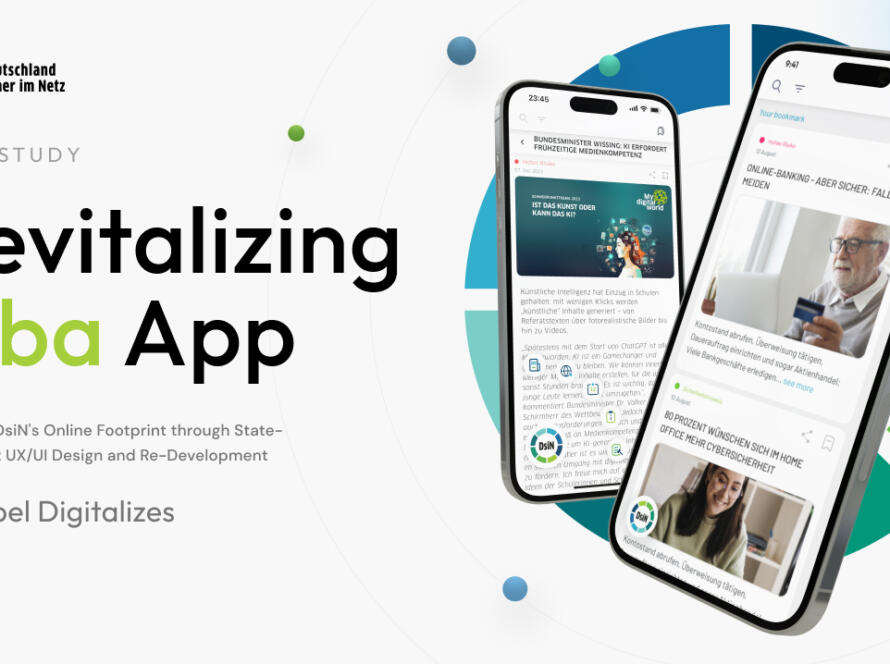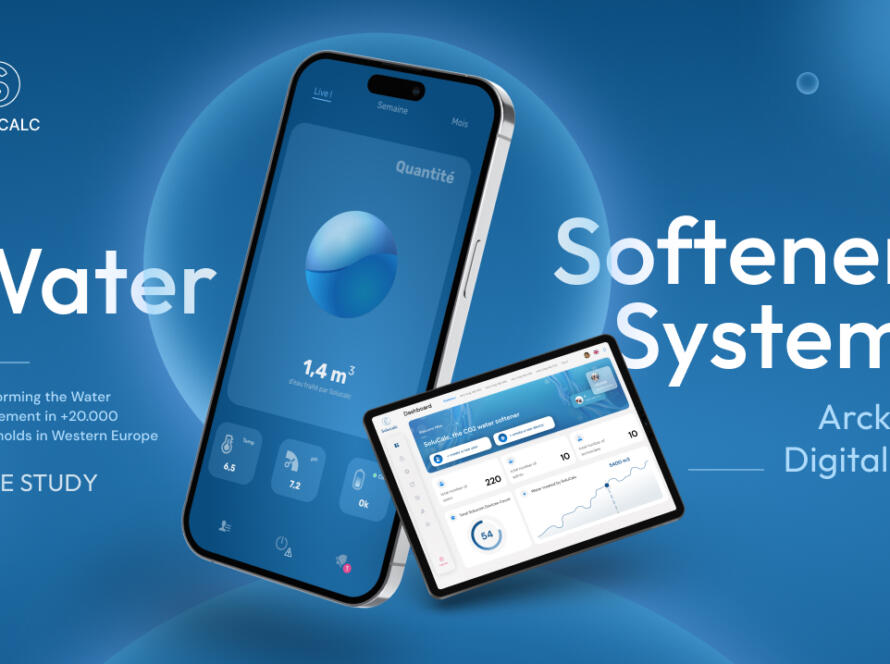Looking ahead to 2024 and the increasing integration of AI into all business processes, it becomes even more urgent for SMEs and traditional companies to embrace digitalization. However, achieving digital maturity is complex and multi-layered and requires strategic vision and solid leadership.
Despite our focus at Arckipel on digitalization as a central aspect of any company’s adaptability to changing markets, we have just completed a project that once again highlighted how absolutely non-negotiable it is for SMEs and traditional companies to have a digital strategy, but what a struggle it is for them to put it into action.
The Imperative of Digital Transformation
Imagine a small manufacturing company that has been a staple in its community for decades. Its operations are smooth, and its customer base is loyal. However, the landscape around it is changing rapidly. Competitors are leveraging digital tools to optimize their processes, enhance customer experiences, and expand their market reach. The once-thriving company now faces the stark reality that to stay relevant, it must undergo a digital transformation.
Digital transformation is not just about adopting new technologies; it’s about rethinking business models and processes to create value in a digital-first world. Victoria Riess, Senior Strategy Leader, had recently encapsulates this densley her keynote @Wirtschaftsregion Bamberg-Forchheim’s 5th Expert Day. She emphasizes that technology alone isn’t enough. It’s the leadership behind the technology that makes the difference.
This sentiment resonates deeply with the core challenges SMEs face today.
Leadership and Technology: A Powerful Synergy
A compelling example, as discussed by Mustansir Paliwala at Forbes Magazine, involves a mid-sized retail chain that decided to invest in cutting-edge analytics and e-commerce platforms. The initial investment was substantial, and the leadership team was apprehensive. However, they recognized that to scale and remain competitive, they needed to embrace these technologies. The transition wasn’t easy, but the results were transformative. By leveraging applied analytics, they optimized their supply chain, personalized customer experiences, and significantly boosted their sales. This transformation was not just about technology; it was about visionary leadership driving change.
Victoria Riess highlights that impactful technology adoption begins with leadership. Leaders must understand the potential of digital tools and cultivate a mindset that embraces change. This is where SMEs can take a page from the playbook of large corporations, integrating advanced technologies with a clear strategic vision.
Integrating Digital Solutions in Traditional Businesses
Paliwala also shares the story of a logistics company that managed to turn its slow, cumbersome approval processes into a competitive advantage by digitalizing them. Before digitalization, the approval process for any new project involved numerous departments, resulting in delays and inefficiencies. By implementing a cloud-enabled approval platform, the company streamlined its operations, reduced time-to-approval, and enhanced transparency.
This shift not only improved internal efficiency but also strengthened client relationships by providing faster, more reliable service.
The Role of ESG and CSR in Digital Transformation
Both Riess and other industry experts underscore the growing importance of Environmental, Social, and Governance (ESG) metrics and Corporate Social Responsibility (CSR) in today’s business landscape.
ESG metrics refer to a set of standards for a company’s operations that socially conscious investors use to screen potential investments. Environmental criteria consider how for example a company performs as a steward of nature. Social criteria examine how it manages relationships with employees, suppliers, customers, and the communities where it operates.
CSR, on the other hand, refers to the practices and policies undertaken by corporations intended to have a positive influence on the world.
Digital tools enable businesses to track and report on their ESG and CSR initiatives more effectively, fostering a culture of accountability and continuous improvement. These tools can provide real-time data and analytics that help companies monitor their environmental impact, ensure compliance with regulations, and demonstrate their commitment to social responsibility.
For instance, a manufacturing SME committed to sustainability can use IoT sensors to monitor and reduce its environmental footprint. This data not only helps the company adhere to regulations but also builds trust with customers and partners who value sustainability.
By integrating these digital solutions, companies can enhance their operational efficiency while contributing positively to the environment and society, thereby aligning their business goals with broader societal values.
Arckipel’s Experience in Driving Digital Transformation
At Arckipel, we are constantly thinking about how we can push the boundaries of digital transformation for our clients and their businesses. Measuring CSR and ESG may be the focus for many companies. Alongside this, our clients are struggling with various difficulties. Many of the business leaders we work with are not averse to change, they want to embrace digitalization.
But the actual process, from developing coherent solutions to training their employees, often causes them concern.
Our daily focus is on implementing best practices and innovative technologies to help companies tackle precisely this complexity.
Take, for example, our comprehensive digital transformation project for Solucalc. We integrated IoT for real-time monitoring, developed a user-friendly mobile app and created a scalable server infrastructure. These innovations have significantly improved the functionality and reach of the company’s water softening systems, potentially benefiting over 20,000 households. This project is an example of our commitment to delivering impactful digital solutions that lead to tangible results.
Moreover, at Arckipel, we prioritize staying ahead of industry trends and continuously refine our strategies to offer the best possible outcomes for our clients. Whether it’s through enhancing user experiences, optimizing operational efficiencies, or driving sustainability initiatives, we ensure that our clients are equipped with the tools and insights needed to thrive in a digital-first world.
If you’re interested in more insights on our observations on businesses and their struggels with digitalization, read our article Future-Proof Your Business: Essential Digitalization Tips for SMEs and Traditional Enterprises.
Conclusion: Partner with Arckipel for Your Digital Transformation Journey
As SMEs and traditional businesses look towards digitalization in 2024, the need for a strategic partner who understands these nuances becomes critical.
Arckipel offers the expertise, innovative solutions, and leadership to guide you through this transformative phase.
Ready to start your digital transformation journey?
Contact Arckipel today to discover how we can help you with that. Let’s build the future together.




